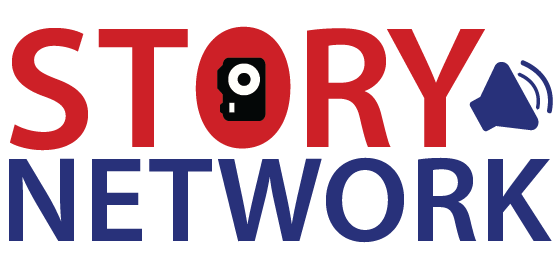Delegating effectively is an essential skill for leaders who want to empower their team members, increase productivity, and achieve organizational goals. Delegation involves assigning tasks and responsibilities to others while providing them with the necessary authority and support to succeed. This detailed article report explores seven steps to master the art of delegating. By following these steps, leaders can build trust, develop their team members’ skills, and drive overall productivity and success.
The Empowered Team: Mastering the Art of Delegating for Increased Productivity
Assess Tasks and Identify Opportunities for Delegation
Begin by assessing your workload and identifying tasks that can be effectively delegated. Look for tasks that are time-consuming, routine, or require specific expertise that can be shared. Evaluate the skills and capabilities of your team members to determine who is best suited for each delegated task.
Set Clear Objectives and Expectations
Before delegating a task, clearly define the objectives, expected outcomes, and quality standards. Communicate these to the team member assigned to the task to ensure a shared understanding. Provide any necessary resources, tools, and guidelines to support their success.
Choose the Right Person for the Task
Assign tasks to team members who have the necessary skills, experience, and interest in the specific area. Consider their workload and availability to ensure they have the capacity to take on the additional responsibility. Match the task to the individual’s strengths and developmental goals to foster growth and engagement.
Provide Adequate Training and Support
To set your team members up for success, provide adequate training and support. Ensure they have the knowledge and skills required to complete the task effectively. Offer guidance, answer questions, and provide ongoing support as needed. Empower them to make decisions and take ownership of their work.
Delegate Authority and Accountability
Grant the necessary authority and decision-making power to the team member responsible for the task. Clearly communicate the level of autonomy they have and the boundaries within which they should operate. Empower them to make decisions, take risks, and learn from their experiences. Hold them accountable for the results and provide constructive feedback.
Maintain Open Communication
Establish a culture of open and transparent communication throughout the delegation process. Encourage team members to ask questions, seek clarification, and provide updates on their progress. Be available for support and offer regular feedback to ensure alignment and continuous improvement.
Recognize and Celebrate Success
Acknowledge and appreciate the efforts and achievements of team members who successfully complete delegated tasks. Celebrate their accomplishments and highlight the impact of their contributions. Recognition boosts morale, motivates individuals, and reinforces a culture of empowerment and achievement.




